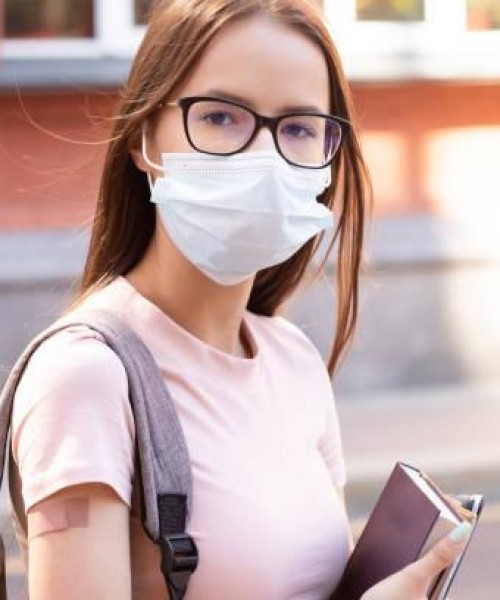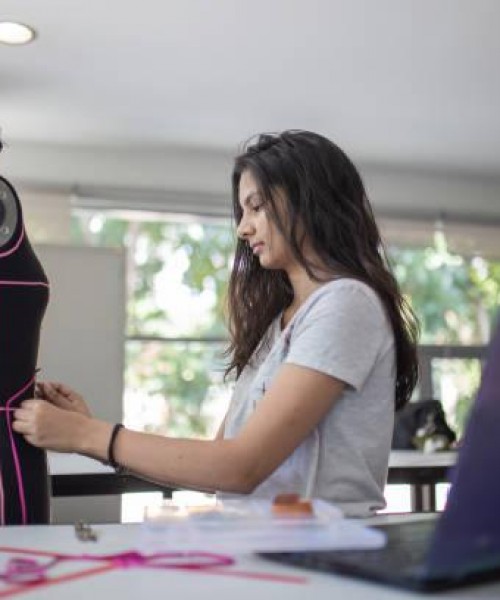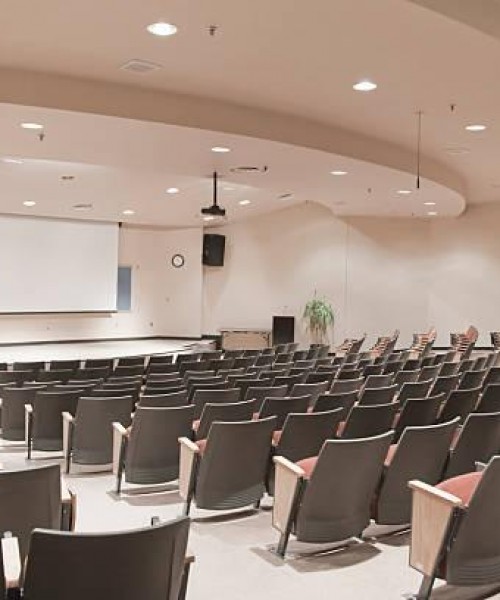生物论文代写 Chinese Medicinal Herbs In Urinary Tract Infection Treatment
If the Yin is in excess relative to the Yang and vice versa the Qi will be compromised leading to dysfunction and disease and therefore disharmony. A body in disharmony may be vulnerable to External or Internal causes of disease. One example of External causes in terms of TCM is exposure to Climatic factors, Dump, Heat, Dryness /Cold environment, eg. wanding in cold water or not changing bathing suit after swimming, sitting on damp grass, living in a damp environment or damp house, being expose to early morning dampness while jogging and sweating, dampness during period or after child birth, Heat stroke through long hours of sun exposure is believed to cause temperature deregulation. (15) Examples of Internal causes, relate to the emotional sphere.eg. long standing anxiety and repressed anger joy, worry, pensiveness, sadness, fear, fright, grieve, stress could lead to Heat-Fire. This, may be transmitted to Small Intestine to which the Heart is interiorly-exteriorly related.Because the connection between the small intestine and bladder channels, Fire is transmitted to the bladder causing pain. These emotional factors cause Liver Qi stagnation which may cause Qi painful urination. Dietary habits such as excessive consumption of sweats, sugar dairy and greasy foods leads to the formation of dampness which if settles in the urinary system causes painful urination. (16-)Excessive consumption of spicy foods and alcohol may generate Heat which combines with Dampness causes Damp-Heat in the lower burner, imbalances of work, rest and excessive sexual activity weakens the Kidneys and leads to either cloud urination or painful urination, these are classified as miscellaneous. In contrast to conventional medicine, TCM recognises internal causes as being significant whereas they not necessary acknowledge by western medicine. (16)
The clinical practice of TCM includes differential diagnosis and treatments based on the analysis of signs and symptoms.(17) Another mean of diagnosis involves identifying patterns. These patterns are classified under the title of "stranguria syndromes and the two common patterns are damp Heat pattern and kidney spleen deficiency pattern. For example, in TCM, the Kidney has functions that include not only the filtration of consumed liquids and the absorption of nutrients from those liquids, but also the regulation of mental and emotional states.(18) In TCM acute UTI is described as damp heat condition of the urinary bladder and recurrent, is a disharmony due to the development of repeated attacks of damp heat in the urinary bladder, and it looks at women's vulnerability to UTI.
TCM has a long history of using plants-based drugs for treatment of UTIs Furthermore, plants have been widely used with considerable therapeutic efficacy in the treatment of various urologic disorders.(19)
Chinese Medicinal Herbs are commonly used in a combination of two or more herbs, called a formula, to increase or to reinforce the effects of each medicinal substance, to minimize toxicity or side effects, and to alter the actions of the substances. (20) Each herb is classified according to its energies,Flavours, Organs, Meridians channel , actions, indications contraindication and dosage
Pharmaceutical name:
Glycyrrhiza uralensis
English / Chinese name:
Lincorise root (Gan Cao)
Part Used:
Dried root, it is collected in spring and autumn sliced and dried in sunlight, and used unprepared or stir-baked with honey.
Flavour and properties
Sweet,peculiarly sweet in taste. It is about five hundred times the sweetness of cane sugar.
Distribution:
It is mainly produced in the Shanxi, Gansu and Xinjiang regions of China.
Channel tropism:
Acts mainlyon the Heart, Lung, Spleen.
Energetic effects
Tonifies Pi (Spleen), enhances Qi, clears Heat.
Moistens the Lung to stop cough.
Relieves spasm and pain,
Moderates the properties of other herbs.
Effects on digestive system:Â anti ulcer, anti convulsion,promotes secretion of insulin,protects liver from toxin.
Anti inflammation
Anti allergy
Pharmaceutical name:
Toosendan Fructus
English / Chinese name:
Chuan Lie Zi
Part Used:
Flavour and properties
Bitter, cold slightly toxic
Distribution:
Guizhou, Hubei provinces of China
Channel tropism:
Bladder, Liver, small Intestine, Stomach
Energetic effects
Promote Qi flow,Â
Rid of dampness-heat, clear Liver Fire
Rid of pain, promote urination
Regulates Qi, kills parasites.
Also used externally for fungus infections of Scalp.
Pharmaceutical name:
Phellodendri Cortex
English / Chinese name:
Huang Bai
Part Used:
Dried bark
Flavour and properties
Bitt,acts on the Kidney, Bladder, and Large Intestine channels.
Distribution:
Produced in Liaoning, Jilin, Hebe
Channel tropism:
kidneyï¹bladder
Energetic effects
Clears Damp Heat especially in
Removes toxins, relieves consumptive fever.
Â
Recurrent
Pharmaceutical name:
Alismatis Rhizoma
English / Chinese name:
Alisma / Ze xie
Part Used:
Flavour and properties
Sweet, bland, cold
Distribution:
It is mainly produced in Fu Jian provinces of China.
Channel tropism:
Kidney and Bladder
Energetic effects
General tonic, anti oxidant, anti cancer.
For edema, painful and difficult urination.
Diarrhea , leucorrhagia, caused by damp heat in the lower burner.
Pharmaceutical name:
Semen Cuscutae Chinensis
English / Chinese name:
Cuscuta / Tu Si ZI
Part Used:
Flavour and properties
Acrid, sweet, neutral
Distribution:
Produced in Shandong, Henan provinces of China.
Channel tropism:
kidney, Liver
Energetic effects
Tonifies kidneys, Liver and Spleen.
Pharmaceutical name:
Epidimdii Herba
English / Chinese name:
Epimedium / YinYang Huo
Part Used:
Flavour and properties
Acrid, sweet, warm
Distribution:
Shaanxi, Liaoning, Shanxi, Hubei, Sichuan.
Channel tropism:
kidney, Liver
Energetic effects
Tonifies the Kidneys and fortifies the yang.
 Patterns with such symptoms as impotence, spermatorrhea, frequent urination , forgetfulness, withdrawal, and painful cold lower back and knees.
Expels wind-damp-cold: for wind-damp-cold painful obstruction with such symptoms as spasms or cramps in the hands and feet, joint pain, and numbness in the extremities due to bad circulation.
Tonifies the yin and yang and harnesses liver yang ascending, for lower back pain.
Dizziness, and menstrual irregularity from deficiency of Liver and Kidney.
生物论文代写 Chinese Medicinal Herbs In Urinary Tract Infection Treatment









